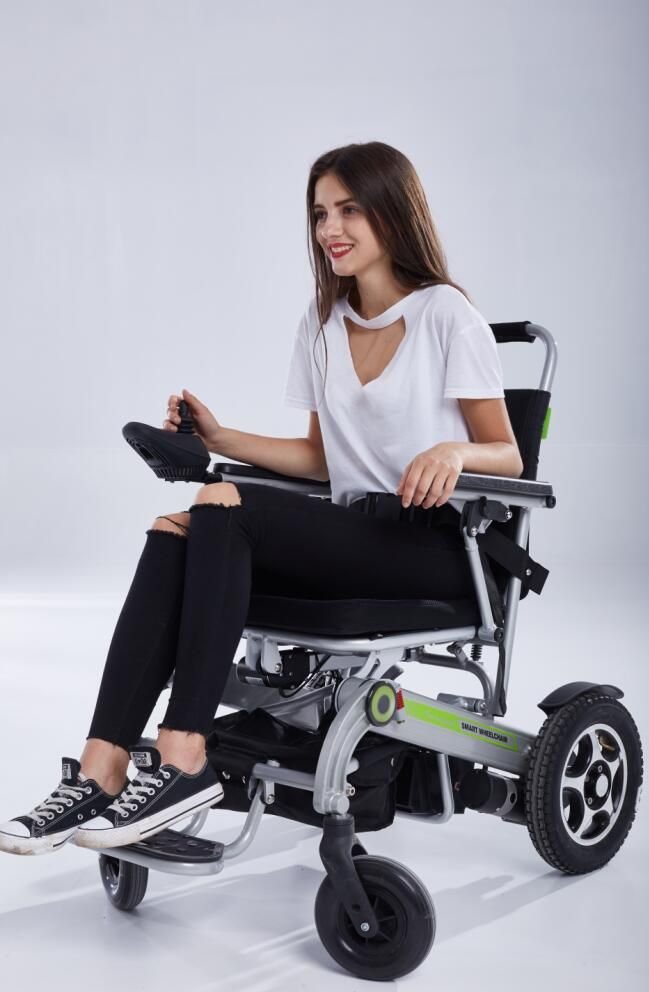
Edit Post
The future of electric wheelchairs is set to revolutionize mobility and independence for individuals with disabilities through technological advancements and innovative designs. Smart technology integration will enable features such as IoT connectivity for real-time monitoring, voice control through AI assistants, and AI-powered navigation to assist in obstacle detection and autonomous movement. E... View more
The future of electric wheelchairs is set to revolutionize mobility and independence for individuals with disabilities through technological advancements and innovative designs. Smart technology integration will enable features such as IoT connectivity for real-time monitoring, voice control through AI assistants, and AI-powered navigation to assist in obstacle detection and autonomous movement. Enhanced mobility will be achieved with all-terrain capabilities, stair-climbing functions, and portable, foldable designs, ensuring accessibility in various environments. Comfort and customization will be prioritized with ergonomic designs, temperature control systems, and custom-fit options enabled by 3D printing. Sustainable innovations will see the incorporation of renewable energy sources like solar panels and the use of recyclable materials. Health monitoring will be integrated, offering vital signs tracking and posture sensing to prevent medical issues. Advancements in autonomy will include brain-computer interfaces for thought-based control and highly sensitive joystick controls for personalized use. Collaboration between tech developers, healthcare providers, and policymakers will ensure the development of safety standards, improved insurance coverage, and funding to make these advanced wheelchairs widely accessible. These innovations promise a significant enhancement in the quality of life for electric wheelchair users. View less
- 0 0
- 0 0
-

-
Ajith L Rajan
published solution: 1 year beforeThe future of electric wheelchairs in 2047 promises significant improvements in mobility, comfort, and connectivity. By focusing on technological innovation, affordability, and ethical considerations, we can develop electric wheelchairs that greatly enhance the quality of life for users. Prioritizing user-centered design, safety, and data security will ensure that these advancements are both beneficial and accessible to all who need them.
0 1 0 0 1 0


